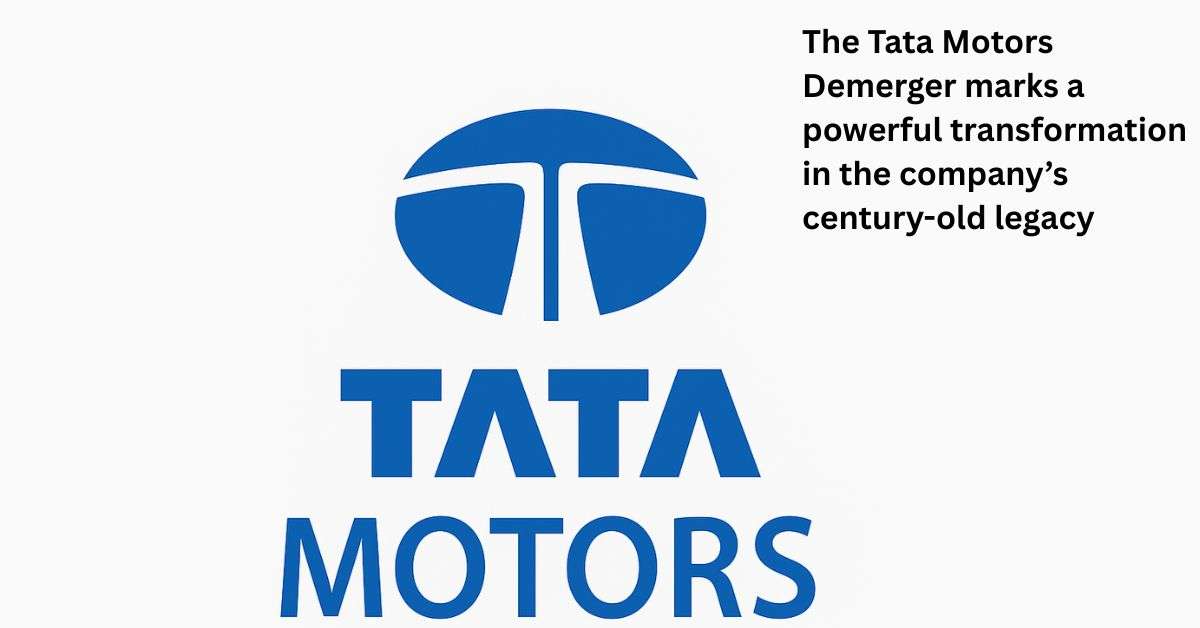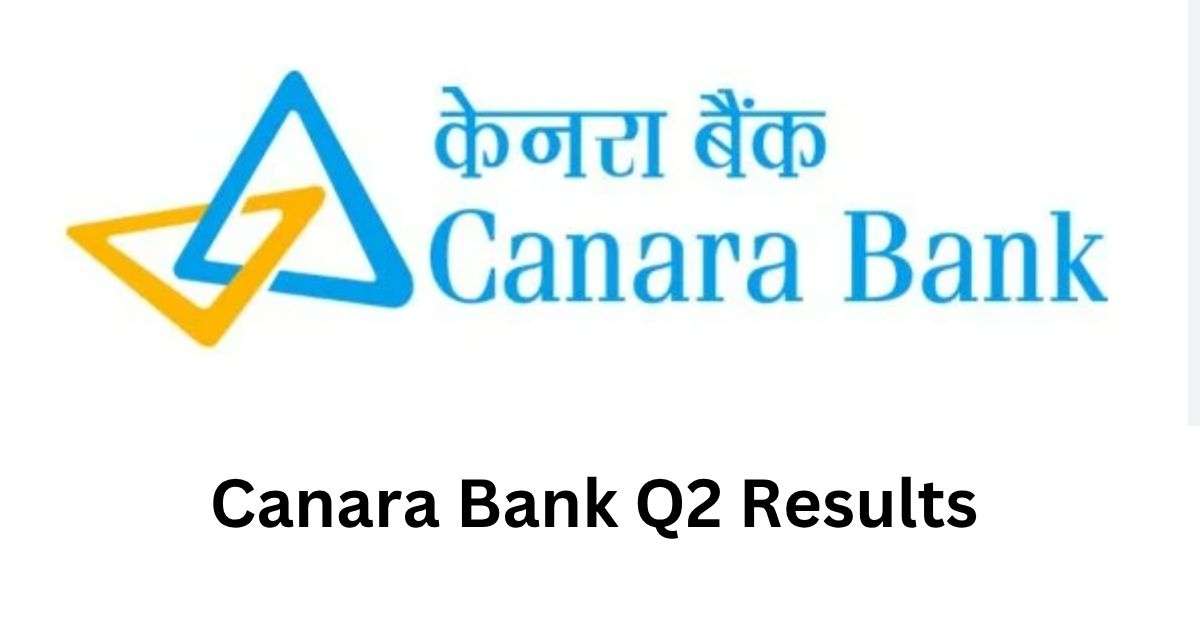Introduction
Morgan Stanley, a leading global financial services firm, has made a significant move by acquiring 1.7 crore shares of Axis Bank. This transaction, valued at Rs 2,083 crore, highlights Morgan Stanley’s strategic interest in the Indian banking sector. Axis Bank, one of India’s prominent private sector banks, has seen a flurry of activity recently, further underscoring the importance of this acquisition. This article delves into the details of the transaction, the implications for both entities, and the broader market context.

Transaction Details
Overview of the Deal
On a recent Friday, Morgan Stanley & Company International Plc purchased 17,000,000 shares of Axis Bank, equating to a 0.5% stake. The shares were bought at an average price of Rs 1,225.75 each, culminating in a total transaction value of Rs 2,083.77 crore.
Market Impact
Following the announcement, Axis Bank’s stock experienced a minor decline of 0.60%, closing at Rs 1,232.10 per share on the National Stock Exchange (NSE). The transaction did not significantly disrupt the market, reflecting investor confidence in both Axis Bank and Morgan Stanley.
Axis Bank Share Price Highlights
Recent Performance
- Opening Price: ₹1233.95
- Day’s High: ₹1241.55
- Day’s Low: ₹1220.4
- Closing Price: ₹1226.25
- Market Capitalization: ₹382471.26 crore
- 52-Week High: ₹1243
- 52-Week Low: ₹921
- BSE Volume: 118212 shares traded
Historical Growth
Axis Bank has demonstrated robust financial performance over the past three years, with an earnings per share (EPS) growth of 52.17% and a revenue growth of 20.53%. The trailing twelve months’ revenue stands at Rs 1127591 crore, indicating sustained growth and resilience.
Morgan Stanley’s Strategic Move
Rationale Behind the Acquisition
Morgan Stanley’s decision to acquire a substantial stake in Axis Bank aligns with its strategic investment approach, targeting high-potential assets in emerging markets. This move is part of a broader strategy to capitalize on the growth opportunities in India’s banking sector.
Implications for Morgan Stanley
This acquisition strengthens Morgan Stanley’s presence in India and enhances its investment portfolio with a significant stake in a leading private sector bank. It reflects confidence in Axis Bank’s growth trajectory and the overall stability of the Indian financial market.
Implications for Axis Bank
Increased Investor Confidence
The acquisition by a major global financial player like Morgan Stanley is a vote of confidence in Axis Bank’s business model and future prospects. This can potentially attract more institutional investors to Axis Bank.
Strategic Partnerships and Collaborations
The increased stake by Morgan Stanley could pave the way for strategic partnerships and collaborations, leveraging Morgan Stanley’s global expertise and Axis Bank’s local market presence.
Axis Bank’s Recent Activities
Increase in Max Life Holding
Recently, Axis Bank increased its stake in Max Life Insurance to 19.99%, investing Rs 336 crore. This move, approved by the Insurance Regulatory and Development Authority of India (IRDAI), allows Axis Bank and its subsidiaries to collectively own about 20% in Max Life.
Implications of the Max Life Deal
The increased stake in Max Life enhances Axis Bank’s foothold in the insurance sector, diversifying its revenue streams and strengthening its financial services portfolio.
Financial Analysis and Market Position
Analyst Recommendations
Current analyst recommendations for Axis Bank are largely positive, with a median price target of ₹1263, indicating a 2.51% upside from the current market price. The highest target is ₹1450, while the lowest is ₹1055.
Revenue and Profit Projections
Despite a projected negative revenue growth for the quarter, Axis Bank’s overall financial health remains robust. The bank continues to show strong EPS growth and stable revenue generation.
Conclusion
Morgan Stanley’s acquisition of 1.7 crore shares in Axis Bank is a significant development in the Indian financial sector. It underscores the growing interest of global financial institutions in India’s burgeoning economy. For Axis Bank, this acquisition represents an endorsement of its strategic direction and growth potential. As both entities navigate the evolving financial landscape, this transaction could herald new opportunities and collaborations, benefiting shareholders and the broader market alike.
FAQs
Why did Morgan Stanley acquire shares in Axis Bank?
Morgan Stanley’s acquisition is part of its strategy to invest in high-potential assets within emerging markets, reflecting confidence in Axis Bank’s growth prospects and the stability of the Indian financial sector.
What is the significance of Axis Bank’s recent performance?
Axis Bank’s strong financial performance, with notable EPS and revenue growth, highlights its resilience and potential, making it an attractive investment for global investors like Morgan Stanley.
How will this acquisition impact Axis Bank?
The acquisition by Morgan Stanley is likely to boost investor confidence in Axis Bank, potentially attracting more institutional investors and paving the way for strategic partnerships and collaborations.
What was the impact of the acquisition on Axis Bank’s stock price?
Following the announcement of the acquisition, Axis Bank’s stock experienced a minor decline, reflecting market stability and confidence in the bank’s overall performance.
What are the future prospects for Axis Bank?
With strong financial fundamentals and increasing strategic investments, Axis Bank is well-positioned for future growth. The recent stake increase in Max Life Insurance further diversifies its revenue streams and strengthens its market position.
Open Your Demat Account with Discount Brokers:
ZERODHA 1) : https://zerodha.com/open-account?c=EJ4366
Angelone 2) : https://tinyurl.com/2gloc3g6 or
Upstox3): https://link.upstox.com/9w4tNo1rK8au7VK47








